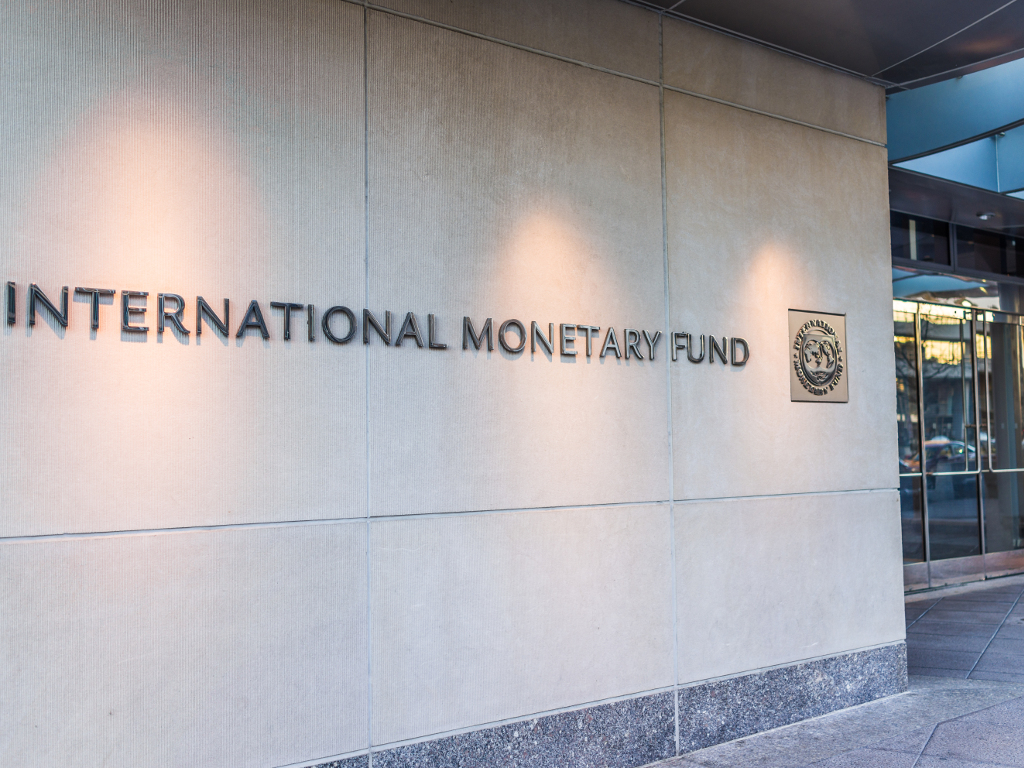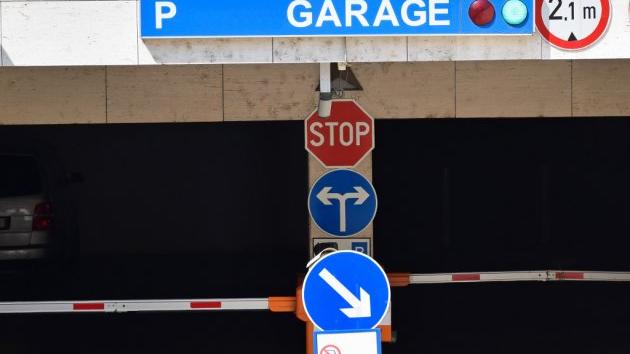Dialogue between Belgrade authorities and IMF on future goals to begin in mid-March
 Thursday, 01.03.2018.
Thursday, 01.03.2018.
 14:12
14:12

– To the end of meeting people's expectations and realizing its full potential, Serbia needs to carry out a much deeper transformation of its economy, in order to be ready to compete in the single market once it joins the EU, including, especially, the single labor market – Roaf wrote in an article published by NIN.
He added that “if Serbia doesn't continue working on becoming a dynamic economy in which the private sector plays the main role and which is based on skills, it will risk becoming a passive region again, depending on money transfers, while the dynamic workforce, featuring marketable skills, is leaving the country looking for better opportunities elsewhere in the EU”.
Commenting on the results of Serbia's program with the IMF, which ended on February 22, he pointed out that financial discipline had been maintained throughout the program, that the budget deficit of nearly 7% of the GDP from 2014 had been turned into a surplus of 1%, along with a much earlier and quicker than expected reduction of the public debt.
– The IMF is ready to support Serbia and we intend to initiate a dialogue with the authorities in mid-March in order to identify broad macroeconomic goals and priority policies in the next several years – Roaf said.
As he pointed out, in addition to maintaining the fiscal and macroeconomic discipline realized in the program, a reform of the Tax Administration and tax policy is needed to the end of enhancing incentives for natural persons and the business sector, as are a simplification of fees and compensations, amendment to the fiscal regulation framework, better financial relations between central and local authorities, improved management of public finances and more efficient welfare.
According to Roaf, the second group includes reforms of the monetary and financial sector – the strengthening of dinarization, reform of public financial institutions and suppressing risks of money laundering and the financing of terrorism.
– This package also includes improvements in the business sector, such as the resolving of the issue of the grey economy, a big increase in the quantity and the quality of the public infrastructure, as well as the restructuring and the privatization of state companies – Roaf said.
Most Important News
06.04.2024. | Agriculture
Preconditions for Placement of Fresh Blueberries and Dried Plums in Chinese Market Secured

16.04.2024. | News
Jovan Ciric, Leasing Director Retail MPC Properties – MPC Echo symbolizes our desire for good ideas and innovative endeavors to spread freely and bring about positive changes

16.04.2024. | News
10.04.2024. | Finance, IT, Telecommunications, Tourism, Sports, Culture
Creative Industry – What This Serbian Economy Sector Worth EUR 2 Billion Encompasses

10.04.2024. | Finance, IT, Telecommunications, Tourism, Sports, Culture
22.04.2024. | Transport
City of Belgrade selling garages – Initial price EUR 7,000

22.04.2024. | Transport
16.04.2024. | News
Economy Fair in Mostar opens – 26 companies from Serbia exhibiting

16.04.2024. | News
22.04.2024. | News
German retail chain Mix Markt to open first stores in Serbia in three locations on April 29

22.04.2024. | News


 Izdanje Srbija
Izdanje Srbija Serbische Ausgabe
Serbische Ausgabe Izdanje BiH
Izdanje BiH Izdanje Crna Gora
Izdanje Crna Gora


 News
News








